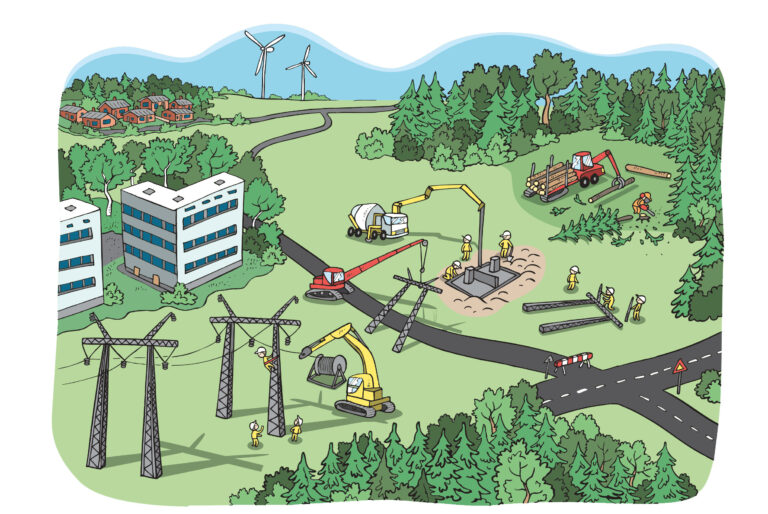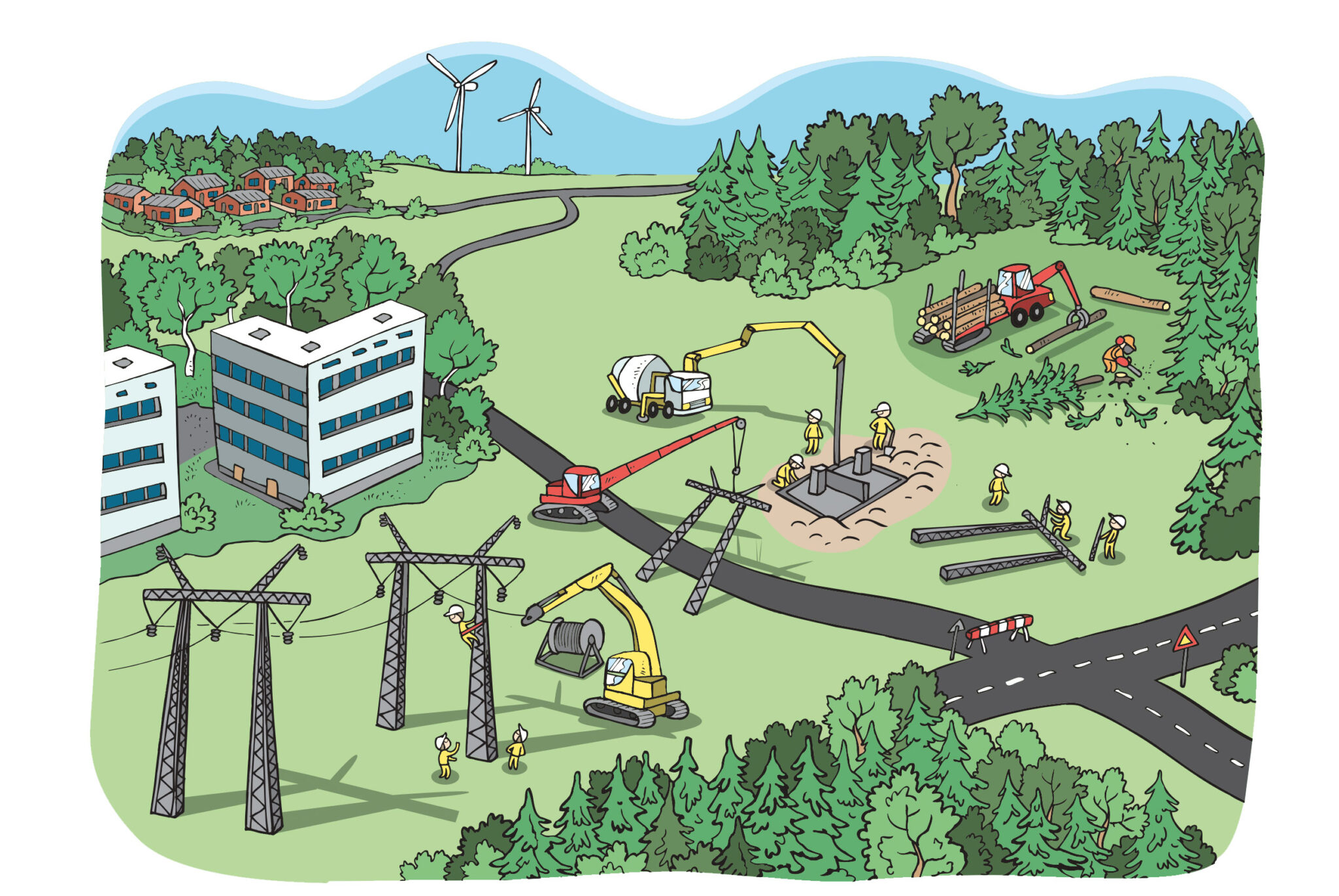The energy crisis made it essential to save electricity in the winter. This required people to change their behaviour – things needed to be done differently.
It may sound easy to change your behaviour, but psychological studies show that it is often very challenging.
A change of behaviour begins with the desire to act differently – a motivation.
People can have different sources of motivation for saving electricity: Last winter, some people were forced to save electricity to stay on top of their electricity bills. This is an external motivation, which can force people to act in critical situations. However, such motivation is likely to subside once the electricity
price falls.
For others, the desire to save electricity is based on personal values, such as protecting the environment. This kind of motivation is more durable but does not necessarily lead to swift action.
Motivation is essential for changing behaviour, but it is not the only thing that is needed.
Firstly, automatic habits make change more difficult. If we stopped to analyse every little thing we do, we would never accomplish anything. Our brains save energy by taking care of certain familiar actions, such as going for a shower, as if we were on autopilot.
This is convenient in everyday life, but it is hard to change automatic habits when we want to do things differently. For example, although we would like to save energy, the thought may occur to us only after we have spent 15 minutes in a hot shower.
Secondly, the environment and community we live in affect our behaviour. If a change is costly or difficult, or if we do not know how to make the change, it can easily be forgotten. Similarly, if the people around us are resistant to it, we will find it hard to make a change.
It is easiest to change behaviour when there is a strong motivation, no established routines, and the environment and people close to us support the change. The energy crisis will boost many people’s motivation to save electricity, but if the other pillars supporting the change are not in place, actual actions to save energy may never come to fruition.
Studies have shown that one of the most effective ways of saving energy is to alter the environment so that energy is saved automatically rather than trying to change people’s habits. We could try this, for example, by lowering the temperature of our home slightly or, if possible, renovating our homes to improve energy efficiency.
These things only need to be done once to benefit everything that comes afterwards, even when our brains want to switch back to autopilot.
Nils Sandman is a Senior Researcher at the University of Turku. His areas of research are health and environmental psychology.






